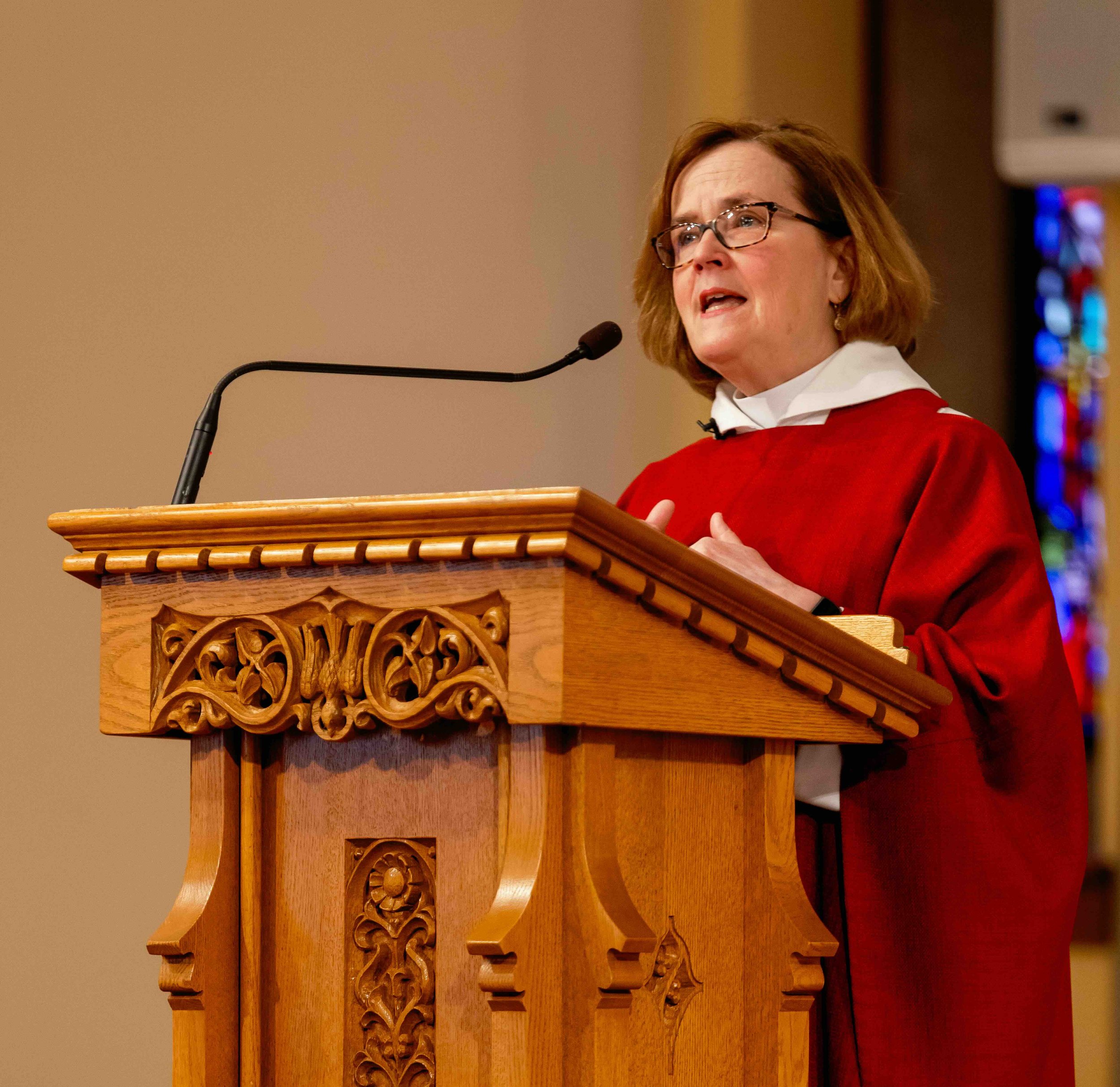The Rev. Dr. Karin J. Ekholm
The Rev. Dr. Karin J. Ekholm
Read More
The Rev. Dr. Karin J. Ekholm
The Rev. Dr. Karin J. Ekholm
Read More
The Rev. Dr. Karin J. Ekholm
The Rev. Dr. Karin J. Ekholm
Read More
The Rev. Dr. Karin J. Ekholm
The Rev. Dr. Karin J. Ekholm
Read More
The Rev. Dr. Karin J. Ekholm
The Rev. Dr. Karin J. Ekholm
Read More
The Rev. Shearon Sykes Williams
The Rev. Shearon Sykes Williams
Read More

